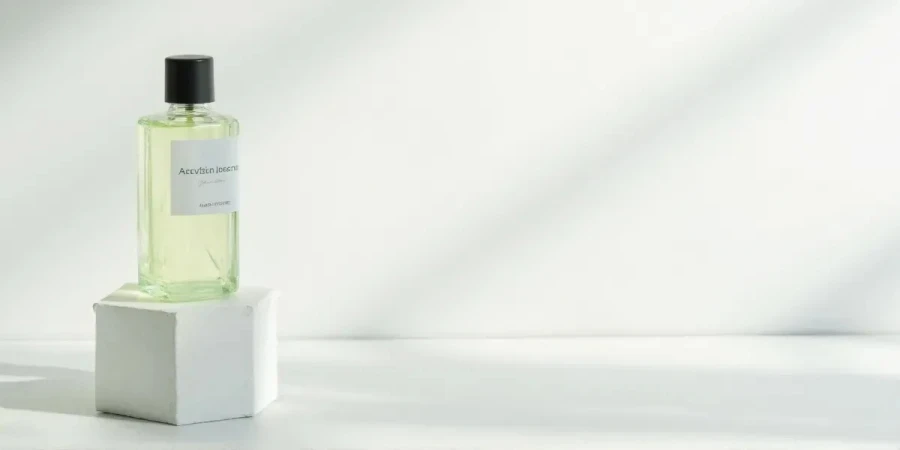The perfume industry is undergoing a revolution, one that smells nothing like the rose-and-musk-laden corridors of Parisian perfumeries. Gone are the days when fragrance was merely a luxury accessory; today, it’s a manifesto—of cultural identity, skin health, and ecological responsibility. Alcohol-free fragrances, once a niche curiosity, now sit at the epicenter of this transformation, driven by Gen Z’s demand for inclusivity and innovation. Let’s dive into the forces rewriting the rules of scent.
Table of Contents
1. The Silent Revolution: Why Alcohol-Free Fragrance Is Rewriting the Rules
2. Oil, Water, Wax: The New Trinity of Scent Innovation
A. Attars: From Sacred Ritual to TikTok Sensation
B. Water-Based Fragrances: Science Meets Sensoriality
C. Solid Perfumes: The Quiet Rise of “Stealth Luxury”
3. The Tribes Fueling the Movement
A. Gen Z: Rewriting Colonial Perfume Histories
B. Sensitive Skin Syndicate
C. The “Quiet Connoisseurs”
4. Navigating the Minefields
A. Cultural Appropriation vs. Appreciation
B. The Longevity Paradox
5. The Road Ahead: 3 Radical Predictions
Final Word
1. The Silent Revolution: Why Alcohol-Free Fragrance Is Rewriting the Rules
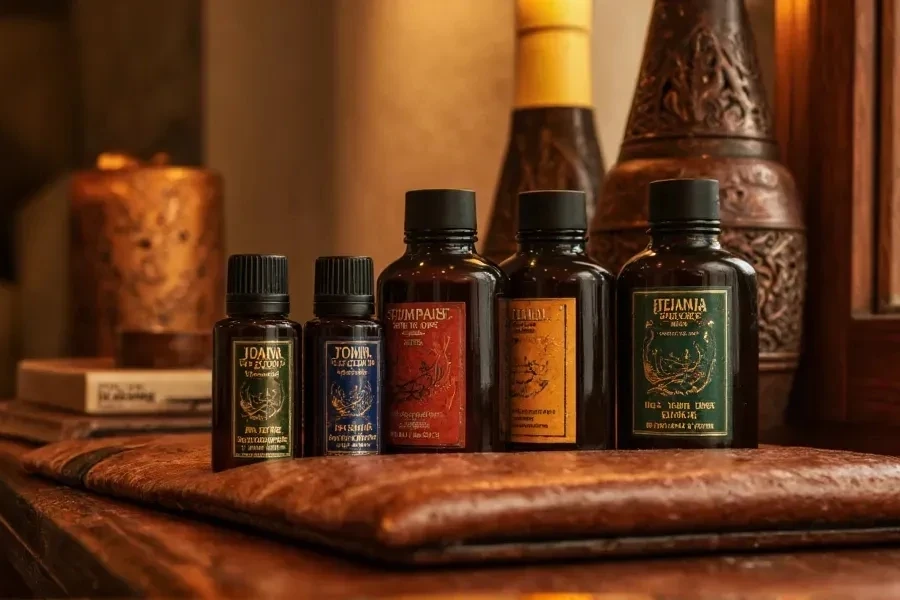
Imagine a world where your perfume hydrates your skin, aligns with your faith, and leaves zero carbon footprint. This isn’t a utopian fantasy—it’s the reality being built by pioneers in the alcohol-free fragrance movement. Traditional perfumes, with their alcohol-heavy formulas, are being challenged by a generation that views scent as an extension of personal and planetary wellness.
Skinimalism Goes Olfactory
For Gen Z, “skin-first” beauty isn’t just a trend—it’s non-negotiable. A 2024 Glossy survey found that 62% of young consumers prioritize skincare benefits in fragrances. Enter water-based mists like Momenscent’s Collagen-Infused Facial Perfume, a Korean innovation that doubles as a hydrating serum. By replacing alcohol with colloidal water, these mists avoid irritating sensitive skin while delivering a dewy glow. Dermatologists are taking note: Dr. Liisa Jansen (Amsterdam Skin Clinic) reports a 40% rise in patients seeking “fragrance-safe” alternatives since 2022.
Halal Beauty’s Unclaimed Frontier
In Indonesia, where 91% of Muslim consumers prioritize halal certification in cosmetics (Coresight Research, 2023), alcohol-free fragrances aren’t just a preference—they’re a requirement. Yet global brands have been slow to respond. While local labels like Sariayu Martha Tilaar offer clove-infused attars, international players like Lush have only dabbled with limited-edition halal lines. This gap is glaring, given the $30 billion halal beauty market’s explosive growth beyond the Middle East.
The Pet Humanization Boom
Luxury isn’t just for humans anymore. Dolce&Gabbana’s Viola Pet Cologne, an alcohol-free violet scent formulated for dogs, taps into a market where owners spend $1,700 annually on pet grooming (Packaged Facts, 2024). Meanwhile, Hermès’ Eau des Bébés line proves that gentle, alcohol-free formulas aren’t just for infants—adults with sensitive skin are quietly stockpiling them too.
2. Oil, Water, Wax: The New Trinity of Scent Innovation
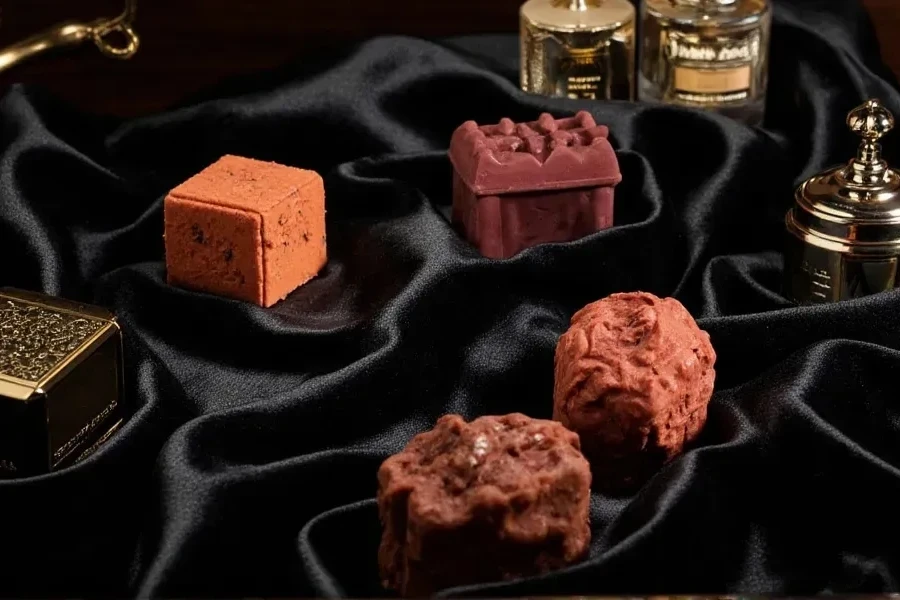
A. Attars: From Sacred Ritual to TikTok Sensation
In the narrow alleys of Kannauj, India, artisans have steam-distilled roses into attars for millennia. Today, these oils are trending on TikTok (#PerfumeOil: 1.4M posts), thanks to brands like Boond Fragrances, which collaborates with local distillers to create unisex scents like Saffron Kyphi. But cultural appropriation looms large. When French label Le Labo launched Santal 33 Attar without crediting Indian origins, social media erupted. Contrast this with Swedish brand Unifrom, which spotlights founder Sara Tesfamariam’s Eritrean heritage through Bisrat—a frankincense oil tied to Ethiopian coffee ceremonies.
B. Water-Based Fragrances: Science Meets Sensoriality
Early alcohol-free perfumes were dismissed as fleeting novelties. Not anymore. French biotech firm Velvetvelo cracked the code with micro-emulsion technology, suspending oud particles in water to achieve 8-hour longevity. Their Nuit Blanche mist has become a cult favorite among migraine sufferers who find alcohol vapors triggering. Meanwhile, Thailand’s PANPURI infuses water-based Aqua Auras with adaptogenic ashwagandha, targeting stress relief—a nod to the $4.9 billion functional fragrance market.
C. Solid Perfumes: The Quiet Rise of “Stealth Luxury”
Solid perfumes have shed their hippie image. Korean brand BRAYE sells Chain of Scent, a gold-plated pendant filled with jasmine wax, worn as jewelry. After K-pop icon Jennie Instagrammed hers, sales spiked 210%. For eco-warriors, New Zealand’s Ethique offers Scent Sampler—compostable cards infused with bergamot oil, eliminating plastic sample waste. Even L’Oréal is listening, pledging to make 100% of its samples sustainable by 2030.
3. The Tribes Fueling the Movement
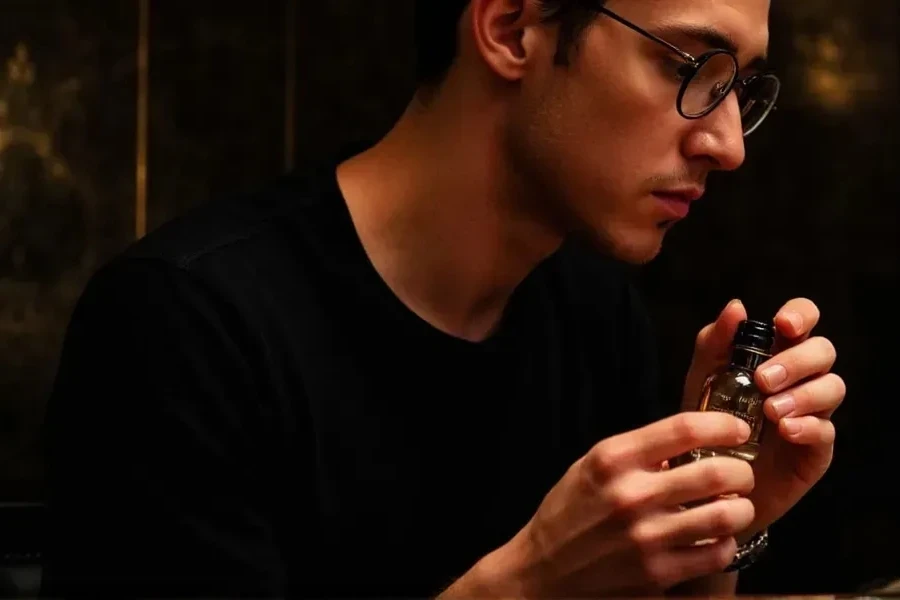
A. Gen Z: Rewriting Colonial Perfume Histories
“Why are Middle Eastern rose oils called ‘exotic’ while French roses are ‘classic’?” demands Zeynab Mohamed, founder of Sundus Oils, whose Oudh Al-Andalus revives 14th-century Islamic perfumery techniques. Her question reflects a broader revolt: 73% of young Muslims feel beauty brands erase their heritage (2023 Muslim Consumer Report). In response, indie labels like Auric (India) are reclaiming narratives, sharing 15% profits with Kannauj distillers.
B. Sensitive Skin Syndicate
With 40% of Europeans reporting sensitive skin (European Academy of Dermatology, 2022), brands like SkinSafe Fragrances are thriving. Their Zero-Trigger line, developed with Mayo Clinic, uses AI to exclude 2,368 potential irritants—from lavender to linalool. Even luxury isn’t immune: Chanel’s Les Eaux de Chanel line, though alcohol-based, now markets “low-irritant” formulas.
C. The “Quiet Connoisseurs”
Forget blinged-out bottles. Discreet luxury now means niche oil perfumes. Michelle Pfeiffer’s Henry Rose saw a 300% surge in Charcoal Vetiver Oil sales after Gwyneth Paltrow dubbed it “the anti-Ambien.” Meanwhile, private members’ club Soho House stocks attars in lieu of traditional perfumes, catering to members who find sprays “ostentatious.”
4. Navigating the Minefields
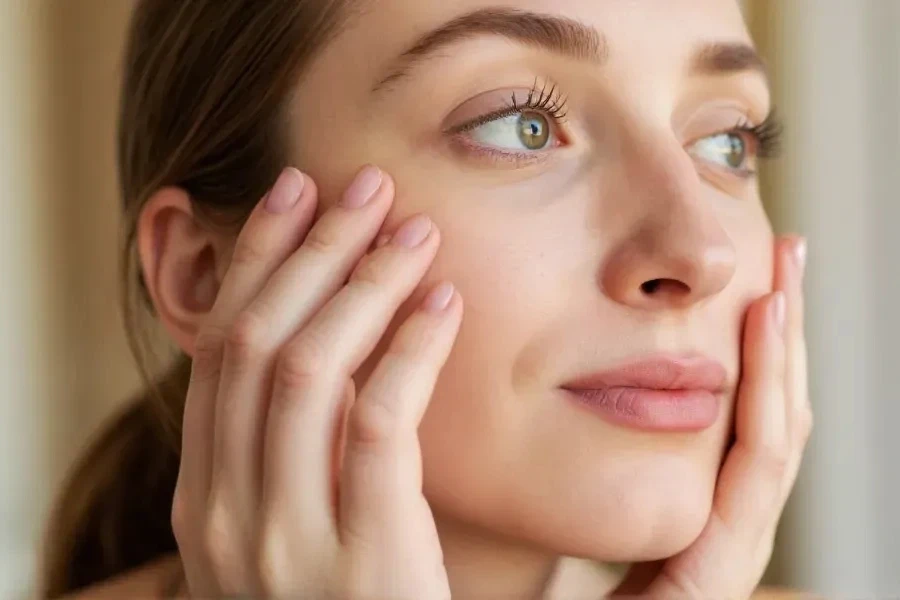
A. Cultural Appropriation vs. Appreciation
When Byredo’s Encens Chembur (inspired by Mumbai’s dockworkers) faced accusations of “poverty voyeurism,” it exposed the industry’s blind spot. Conversely, Ensar Oud partners with Borneo harvesters, listing each resin’s origin down to the GPS coordinates—a transparency benchmark.
B. The Longevity Paradox
Alcohol-free scents often fade faster, but innovators are fighting back. Givaudan’s ScentTrek capsules release fragrance upon skin contact, while German startup Scentmate sells refillable leather bracelets infused with attars. “It’s like a nicotine patch for scent addicts,” jokes CEO Lena Fischer.
5. The Road Ahead: 3 Radical Predictions
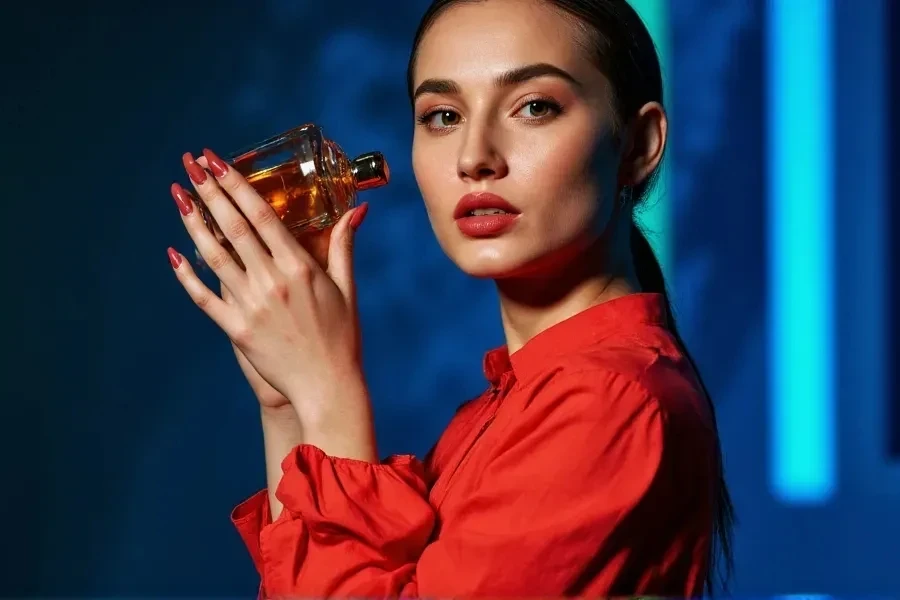
- Mosques as Scent Sanctuaries
Dubai’s proposed Scented Mosque Project would diffuse rose attars during prayers, blending spirituality with sensory branding—a concept already piloted in Casablanca’s Hassan II Mosque. - Pharma-Perfume Hybrids
Pfizer’s patent for NeuroScent—a vetiver oil patch to reduce anxiety—hints at a future where perfumes prescribe calm. - Climate-Adaptive Fragrances
California brand Aether is developing a gel-based scent that intensifies with humidity, perfect for Southeast Asia’s monsoon season.
Final Word
Alcohol-free fragrance isn’t just a trend—it’s a cultural reckoning. To thrive, brands must become chemists, historians, and activists. They must honor Kannauj’s attar makers, cater to sensitive skin syndicates, and maybe even appease discerning puppies. As the old guard clings to gin-clear eaux de toilettes, a new olfactory world is emerging. And trust us—it smells like revolution.
